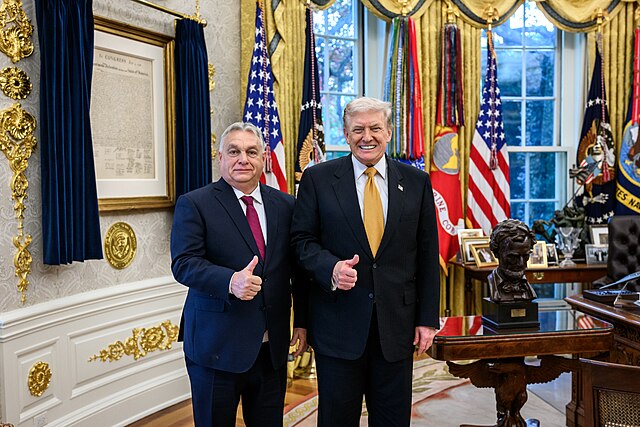 Pakistan’s media are hoping an independent judiciary will protect freedom of expression, says Haq Nawaz Khan
Pakistan’s media are hoping an independent judiciary will protect freedom of expression, says Haq Nawaz Khan
A black era of almost nine years of military dictatorship came to an end when Pervez Musharraf finally stepped down as president of Pakistan this week, leaving behind countless challenges for his successors.
The nation’s rulers now face many issues, including the revival of state institutions, reinstatement of the free judiciary, safeguarding of a free press, reviving the constitution in its original shape, combating militancy in the northwestern parts of the country, boosting the national economy and overcoming the food shortage in the country.
The question of an independent judiciary has attracted the attention of the ruling coalition, and efforts are continuing to reinstate the deposed judiciary at the pre-November 3 position, with Iftikhtar Mohammad Chaudhry as Chief Justice of Pakistan. But Asif Ali Zardari, the head of the leading partner in the ruling alliance, the PPP, is reluctant to revive the free judiciary, as he believes it could cause problems for him and also his government in the future.
Pakistan is ruled by an alliance of four political parties and a group of tribal MNAs (Members of National Assembly). The parties include the Pakistan Peoples’ Party (PPP), the Pakistan Muslim League (Nawaz), the Awami National Party (Pukhtun Nationalist party) and Jamiat Ulema e Islam, an Islamic party and staunch supporter of the Taliban in Afghanistan and Pakistan.
Mr Zardari is now leading his wife Benazir Bhutto’s party. He was kept in jail for over eight years on charges of corruption, stradddling both Pervez Musharraf’s era and that of his predecessor Mian Nawaz Sharif, former premier of Pakistan. Zardari was acquitted of all corruption charges after a deal with Musharraf. He benefited from a law, the National Reconciliation Ordinance (NRO), issued by Musharraf. Political analysts believe Zardari sees the restoration of an Iftikhar Chaudhry-headed judiciary as a threat to his indemnity.
But on the other hand, another leading ruling coalition partner, Mian Nawaz Sharif, who heads the Pakistan Muslim League (Nawaz), is pressing the government to immediately restore the Iftikhar Chaudhry-led judiciary in letter and spirit. His party fought the 18 February general elections on a single point agenda — ‘revival of the judiciary’. Now both parties are sticking to their guns, and the issue could endanger the future of the ruling alliance.
Public pressure to reinstate the judges started immediately after Musharraf announced his resignation. The Pakistani media is also highlighting the free judiciary issue, as it considers this institution as a future shield for free expression. The media, especially the electronic media, flourished during part of Musharraf’s rule, but all media suffered severe restrictions from 3 November 2007 when Musharraf imposed a state of emergency in the country, packing the judiciary with allies in the process.
Musharraf, who at that time was both army chief and also president, not only closed down all the private TV news and radio channels but also used his influence in the United Arab Emirates (UAE) to stop the transmission of some of the leading private channels, which were broadcasting from Dubai.
Under immense foreign pressure, and internal and external criticism, he allowed some news channels on air, but with tough conditions, including a ban on live coverage of the sacked judges’ activities.
Now there is democratic rule, following the 18 August decision of General Musharraf to quit the presidency. The poor masses of Pakistan are focusing on the elected representatives’ efforts to improve their living standards and strengthen state institutions; parliament, the judiciary, the executive and the press.
The judiciary issue is being deliberated in Zardari House, the PPP leader’s residence in Pakistan’s capital. After talking for months in such venues, the ruling alliance has not yet consulted the parliament on the issue, and no bill or motion has been tabled.
Not only is the parliament a silent spectator, but the executive, led by Prime Minister Syed Yousaf Raza Gilani, is helpless to take any free decision due to the dictatorial nature of the political parties in the country. There is a need for strengthening the institutions, and the political forces should change their attitude by being democratic internally in their own parties. Only then can there be hope for a strong democratic political system in the country.
Haq Nawaz Khan is senior correspondent for the Nation, a leading English-language daily in Pakistan





